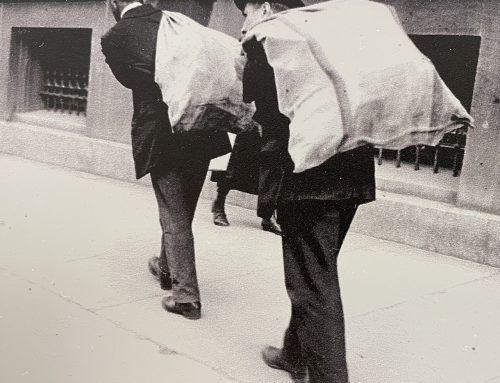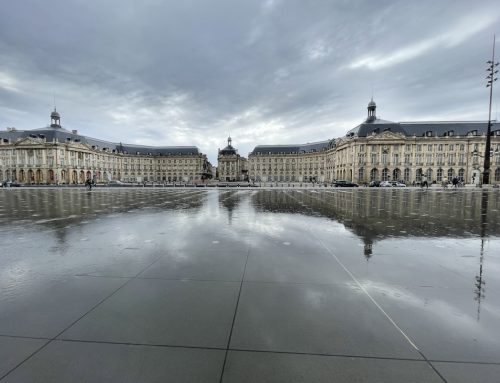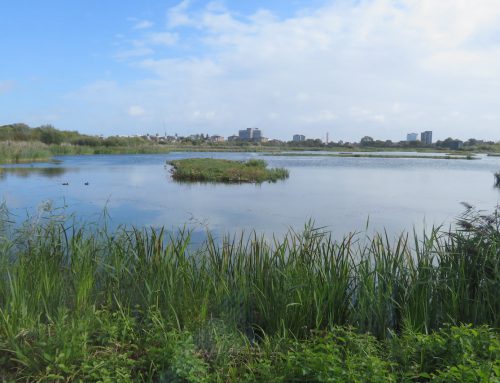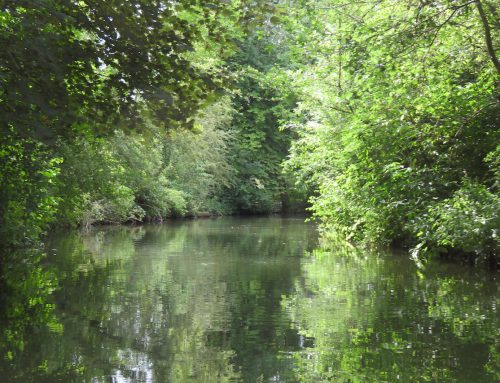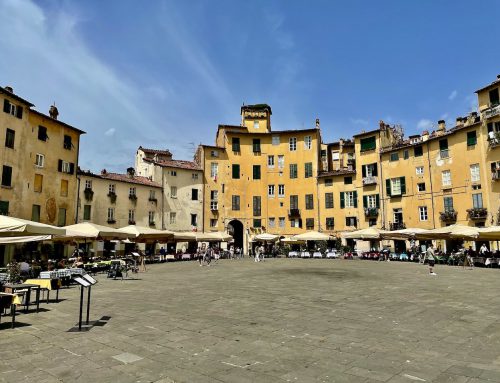Not everyone climbs a mountain in Ambleside
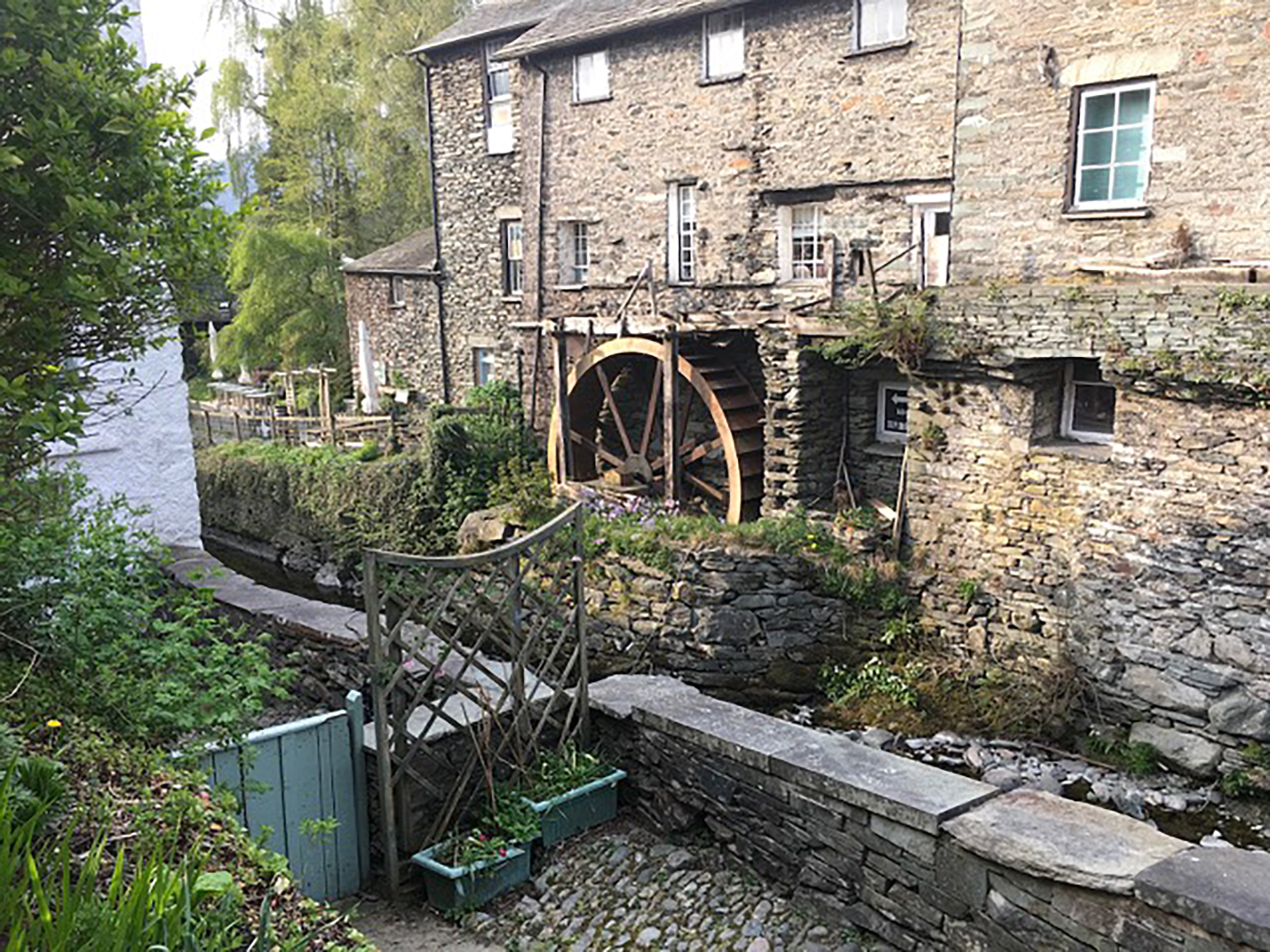
Central Ambleside - plenty of room for thought

Central Ambleside - plenty of room for thought
Ambleside, Cumbria, United Kingdom
There is a problem with the Lake District, Ambleside especially, despite the region’s beauty and popularity. It is, after all, a World Heritage Site. The snag is that you feel you must be a walker. Around you are 16 lakes, 150 peaks and more than half-a-million acres of national park. With 3203 kilometres of footpath weaving here and there, it is no wonder that so many of the park’s 20 million annual visitors feel they must be clad as professional mountaineers.
It is why I was puzzled when I reached the top of a nearby peak, which they call Wansfell Pike. At 488 metres high, it is actually quite tiny. I was aiming for a pub on the far side of Wansfell, in the scenic village of Troutbeck.
It was at the summit that I found the elderly lady. She was sitting quietly, her back against a rock, and gazing out over the flat expanse of a distant Windermere. Until my arrival she thought she was alone.
“Where have you come from?” I asked, as I drew close by.
“Ambleside,” she replied, jumping slightly, as she looked over her shoulder towards me.
“And before that?” I inquired.
“Nowhere,” she replied. “I live here. Ambleside. Have done all my life. Born here, worked here, everything here.” Then she shrugged, adding, “Not very impressive, is it?”
“I disagree,” I replied. “It’s a recipe for a healthy life. Just feel this space and fresh air.” I stretched out my right arm to show the clear sky above, the pancake lake beneath and the fact the two of us were the only ones there. The health benefits of open space and greenery are now scientifically proven. There are few diseases that do not retreat when exposed to the great outdoors.
We got talking further, and I listened as the elderly lady declared it was the first occasion she had climbed any Lake District mountain. This was despite living in Ambleside for more than 70 years.
“I’ve always wanted to do it,” she said, and then mumbled, “Somehow I never got around to trying.”
I thought as I nodded my farewell. How many times had I heard that? Londoners who had not seen Buckingham Palace, Parisians who had not visited the Louvre, Athenians who stared daily at the Acropolis, but who had never actually been there. Here was a Cumbrian who had taken three score years and ten to climb a mountain barely a mile from her house.
It explains why, when I walk the narrow streets of Ambleside, a town of barely 2000 souls that existed even before the Romans, so many of its visitors wear top-end outdoor clothes, but so few put them to the test. Walking boots are polished and unscuffed, gaiters are clean, trousers pressed, poles unscratched, and tiny rucksacks are filled by barely anything. Not everyone climbs nearby mountains. Most come simply to enjoy the moment.
Of course, there are the fit folk, too, clad in tight lycra, who dash this way and that on some outdoor mission. They look earnest, perhaps even suffering, but they are few. For most who live in Ambleside, despite the town’s reputation, the mountains are a backdrop and a reason for thought.
“Climb one? I’ll do that one day,” I have heard many locals declare.
That evening, having survived two easy hours in Troutbeck’s Mortal Man , I returned to the town of Ambleside. I sat for a moment in the gloaming, on a bank of the Rothay River, which runs nearby the town. I stayed silent, entranced, and listened to the rustling of small night animals in the surrounding bushes. A woodpecker had just stopped its hammering, an owl had begun twit-twooing, and a bat did a low and soundless dive towards the water, skimming over the rivertop by barely a centimetre. A lone bullock on the far bank glanced at me briefly as he approached the fast-flowing river for a drink. This was magical Lake District. In my mind had been things called problems. On the banks of the Rothay River, my worries disappeared.
It is perhaps why, I thought, many famous names have adored the area. There have been plenty. Talented pens such as Keats, Walpole, Coleridge, Potter, Ransome, and Wordsworth. Environmentalists like Ruskin and Wainwright. Feminists such as Martineau and educationalists like Mason. I wagered that some had sat on the same spot as me, and had reflected, pondered, fashioned, and eventually created. They had gone on to change the world and, for many modern tourists, have now become a reason for pilgrimage.
Idly, I swished a forefinger in the speeding Rothay River and pondered these well-known people. They had come to the Lake District to clear their minds, and had done so, yet many had not even thought to climb a mountain.
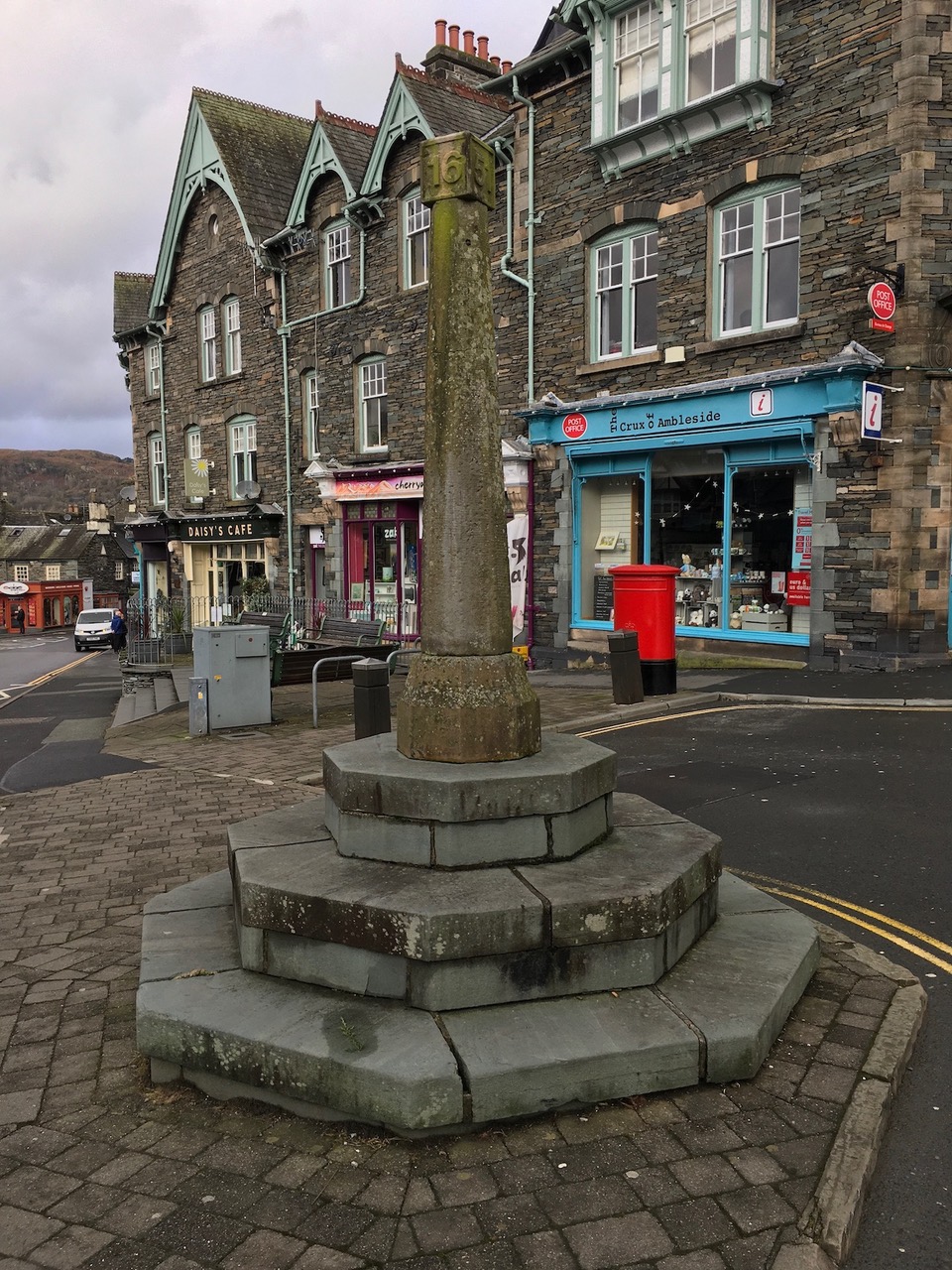
Ambleside's Market Cross
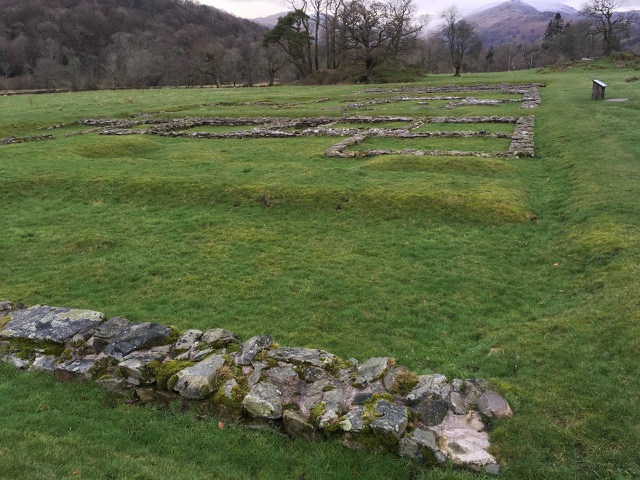
Ambleside's Roman fort - hardly a punishment posting
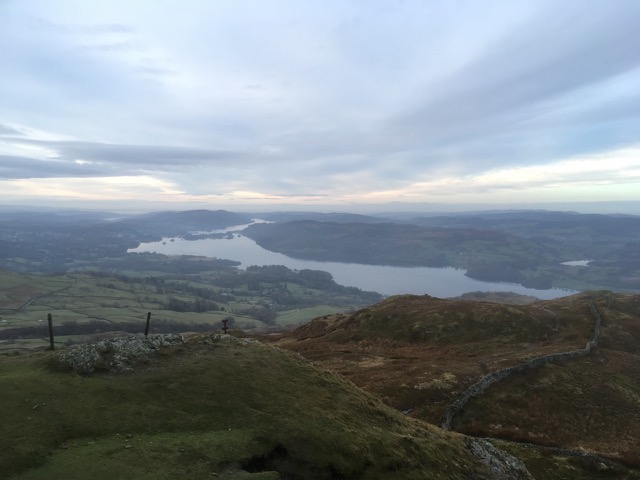
View from Wansfell Pike with Windermere in the distance - it was here I met the elderly lady

